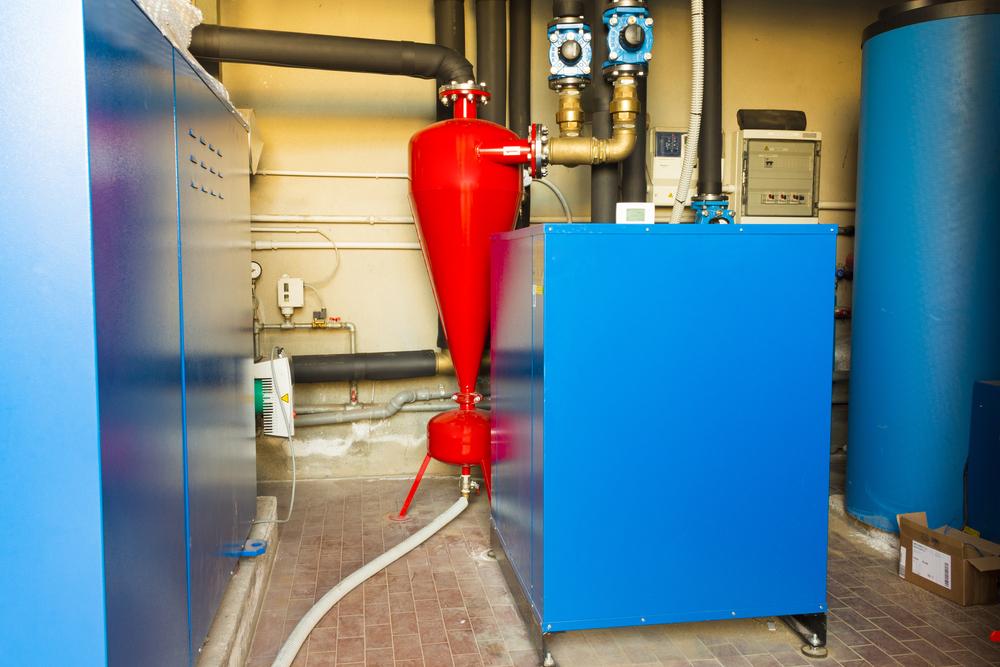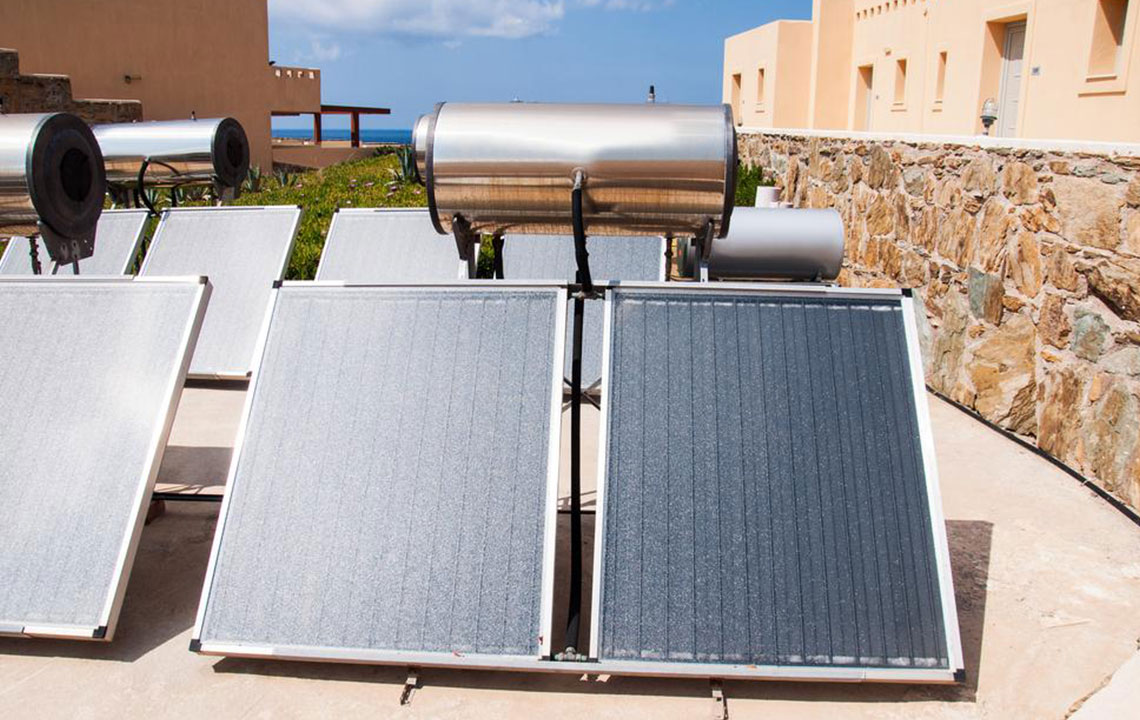Essential Insights About Solar Energy Storage Solutions
Explore comprehensive insights into solar energy storage, including costs, benefits, operation, and buying tips. Understand how solar batteries can boost energy independence, reduce costs, and promote sustainability, making them a smart choice for future-focused energy solutions.

Essential Insights About Solar Energy Storage Solutions
With the escalating threat of climate change, renewable energy options are more critical than ever. Among these, solar power stands out as the most abundant and sustainable source. As solar technology advances, solar batteries are becoming increasingly popular for residential and commercial energy storage. Yet, many still lack detailed knowledge about these systems. Here are key points to understand about solar batteries:
What is the current cost of solar batteries?
At present, solar batteries tend to be more costly than traditional energy storage options, but prices are expected to decrease as technology progresses.
Pricing for solar batteries varies based on factors such as battery capacity, backup features, and installation expenses. Currently, the total investment for a complete solar storage system can reach up to $20,000, encompassing equipment and setup costs. Popular models include Tesla Powerwall starting at $8,500, Generac PWRcell at $9,999, Sonnen eco at $10,000, LG Chem RESU between $9,500 and $13,000 (installed), and Panasonic Evervolt ranging from $15,000 to $20,000 with installation.
Advantages of solar energy storage systems
Investing in solar batteries offers numerous benefits:
Cost reduction on electricity bills
Although initial costs are high, solar batteries lead to significant savings over time through reduced electricity expenses. The benefits are maximized when combined with net metering, which credits excess solar energy sent back to the grid, making long-term investment financially worthwhile.
Minimal maintenance and ease of use
Once installed, these systems require little upkeep. They provide reliable backup power during nights and cloudy days without the need for refueling like conventional generators.
Environmental benefits
Solar batteries contribute to lowering carbon emissions by harnessing renewable solar energy, making power generation cleaner and more sustainable especially as fossil fuel supplies dwindle.
Energy autonomy
In regions prone to frequent outages, solar batteries enable households and businesses to operate independently of the grid, keeping essential appliances running during blackouts without external power sources.
Silent and eco-friendly backup power
Unlike noisy fuel-based generators, solar batteries operate quietly and produce no pollution, making them an environmentally friendly alternative for backup energy needs.
Tax benefits and incentives
Many governments offer tax credits and rebates to promote renewable energy adoption. These incentives encourage consumers to invest in solar batteries, reducing overall costs.
How do solar batteries function?
At their core, solar batteries store energy generated from sunlight captured via solar panels. The process involves converting sunlight into electricity, which is then stored in the batteries for later use.
Here's an overview of their operation:
Solar panels on rooftops absorb sunlight and generate direct current (DC).
The DC power is converted to alternating current (AC) through an inverter, suitable for home and industrial use.
Excess energy not consumed is stored in the batteries.
During non-sunny hours, the energy stored in batteries powers appliances and equipment.
Key considerations when choosing solar batteries
When selecting a solar battery system, consider these factors:
Capacity
The storage capacity determines how much energy the battery can hold. Buyers should select capacity based on their energy needs; larger capacities cost more but offer more storage.
Warranty
Since solar batteries are relatively new technology, choosing products with reliable warranties from reputable manufacturers helps ensure performance and support if issues arise.
Brand reputation
Opt for trusted manufacturers known for quality and durability. Established brands are more likely to provide reliable products with better performance guarantees.










